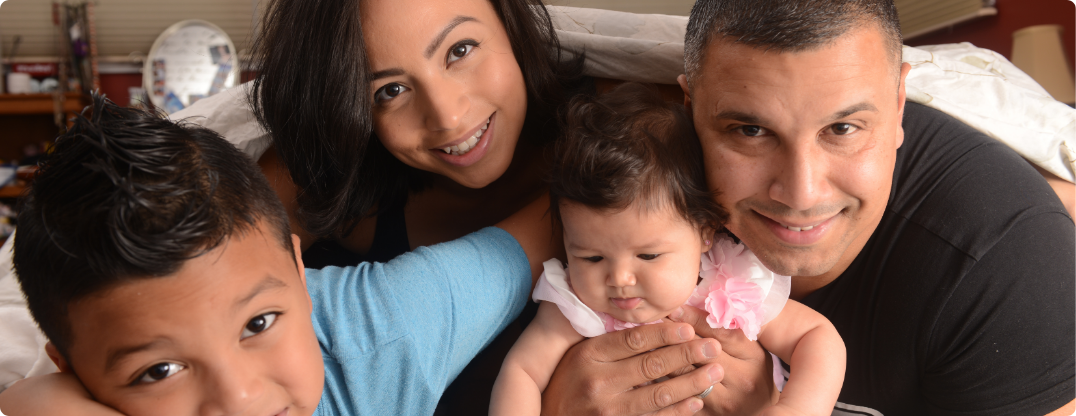Work preparation for the transition to adulthood for people with disabilities is critical!
Learn about services available to help people with disabilities with employment and work preparation! Read on or click on a topic below to jump to that information.
Department of Rehabilitation
WorkAbility Programs
Supported Employment
Competitive Integrated Employment (CIE)
Assistive Technology for Work
Self Advocacy at Work

Department of Rehabilitation
The major program that provides services for employment and work preparation for the transition to adulthood is the Department of Rehabilitation or DOR. DOR has several programs for students and adults with disabilities to help them prepare to work. The services they provide are free for those who qualify:
The Student Services program at DOR helps to prepare young adults with disabilities for employment:
- Job Exploration and Postsecondary Counseling – activities that support students in exploring and preparing for work; services are based on a student’s interest.
- Transition Partnership Program (TPP) – helps prepare high school and/or post-secondary students for work. Check with your school district to see if they have a TPP with DOR.
- We-Can-Work – contracts between select offices of education and the DOR to provide work-based learning experiences for students ages 16 through 21. Check with your local school district to see if they have a We-Can-Work contract.
WorkAbility Programs
WorkAbility I (WAI) – a program funded and administered by the California Department of Education (CDE):
- Offers high school students with IEPs the opportunity to complete their secondary education while developing skills for successful competitive employment
- Continues to conduct interagency coordination of services, which began with the CA Employment Development Department (EDD), the CA Department of Rehabilitation (DOR), and the CA Department of Education
WorkAbility II (Adult Education), WorkAbility III, (Community Colleges), and WorkAbility IV (Universities): while not available in all areas of California, these WorkAbility programs may be an appropriate service option as well. Check with your local DOR to learn the options in your area.
Get Ready to Work offers services providing skills for work, self-advocacy, and work experience. Check with your local DOR to see what they offer – resume writing and interview skills may be available.
DOR and Regional Center clients are also eligible for a College-to-Career program, a partnership with select community colleges and DOR to serve individuals with intellectual disabilities (I/D) and autism.
Additionally, a few DOR offices also have a service called the Youth Program, for students 14-21. This program is run during the student’s regular school day, at their high school program, and is done with their local school district. Check with your local high school to see if this is offered.
Supported Employment
The Supported Employment Program through DOR provides many activities and services. These include ongoing support services in the form of extended job coaching, to individuals with significant disabilities, including youth, in an integrated employment setting for the term of employment.
- Many regional center clients are in the Supported Employment Program
- Typically limited to 24 months of services
- Upon completion, DOR helps clients transition to extended services
- Extended services include services through regional centers or other funding sources, or “natural supports” from business supervisors, friends, or family members
Competitive Integrated Employment (CIE)
Competitive Integrated Employment characteristics include:
- Work that is full- or part-time
- Compensation is at or above minimum wage
- Comparable to the pay rate employees without disabilities receive
- Offers the same benefits as other employees without disabilities in similar positions
- Work takes place in the same location as employees without disabilities
- Presents advancement opportunities like other employees without disabilities in similar positions
For more information on CIE, please visit the Competitive Integrative Employment Toolkit and the Competitive Integrated Employment Roadmap.
Assistive Technology for Work
Many adults with disabilities use Assistive Technology to be successful and independent in their job. Assistive Technology tools used in high school or college may not be the same tools used in an employment setting. This is another thing to think about as people with disabilities are preparing to work. Department of Rehabilitation can help provide an evaluation to find appropriate assistive technology tools.
Self Advocacy at Work
Once employed, the person with a disability may want to talk with the Human Resources (HR) department at work and tell them about any accommodations they need to be successful. The HR department will keep everything confidential. If they feel they need to tell the supervisor anything about the person’s disability or accommodations, they will ask the person first. Employers are required by federal law, the Americans with Disabilities Act (ADA), to provide all reasonable accommodations if there are more than 15 employees.
Self Advocacy is an important topic for all adults, learn more about it here.









